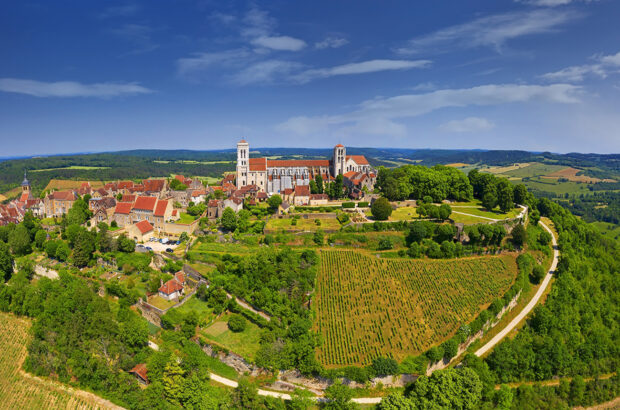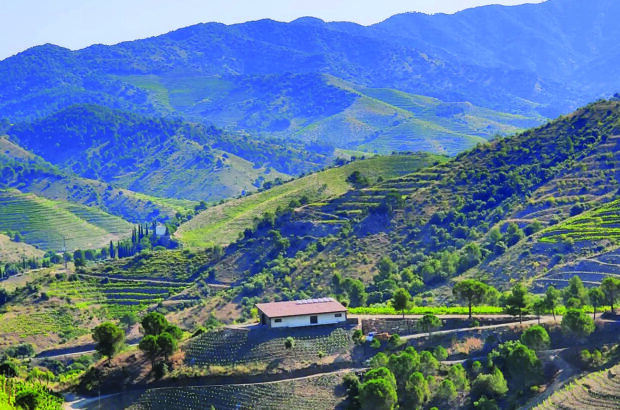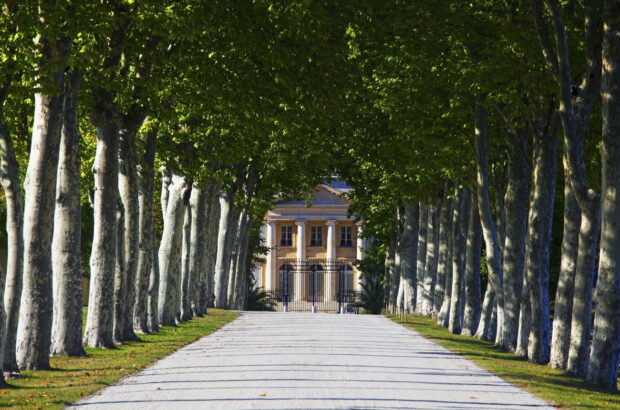I can see why a certain kind of sommelier feels Bordeaux needs taking down a peg. It’s scarcely the wokest of appellations. There’s a temptation to see it as the choice of a mug with money. Security in the famous name. Reassurance in a hefty price. On some restaurant wine lists it seems that margins wax fat under the Bordeaux heading. I sometimes feel I’m the mug they’ve seen coming.
In truth, you can buy a perfectly recognisable Bordeaux – let’s call it claret – in a shop for around £8. If the rather sour, sappy taste of seaside Merlot is what you’re after, you don’t have many alternatives. You’ll pay a fair bit more, of course, for a flavour of ideally ripe berries, a sniff of oak and the tang of Cabernet, and for the smooth, swelling satisfaction of classic claret: quite a lot more.
At what level you start getting your claret kick is a personal thing. Mine is not especially ambitious. The accent and the idiom of the Gironde estuary is not easy to imitate – or to forget. Can it be just by chance that claret makes the ultimate all-round food wine? ‘Digestible’ is not the most glamorous adjective to apply to a wine, but it describes the great virtue of claret perfectly.
Why? I reckon it’s down to centuries of practice in pleasing the customer. If you bear in mind that Bordeaux’s local market is pretty limited, its monoculture of vines would be madness without the assurance of an eager foreign market. It is one of those products destined, in fact designed, to be exported.
The Gironde and its shipping is as much part of the Bordeaux equation as the gravel in the soil. For my part, I hardly ever find quite what I’m looking for in a Cabernet or a Merlot grown in any of the regions around the world that have adopted them – however well the fruit is grown, and however ripe the grapes or skilful the winemaking. You have to pity me.












